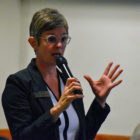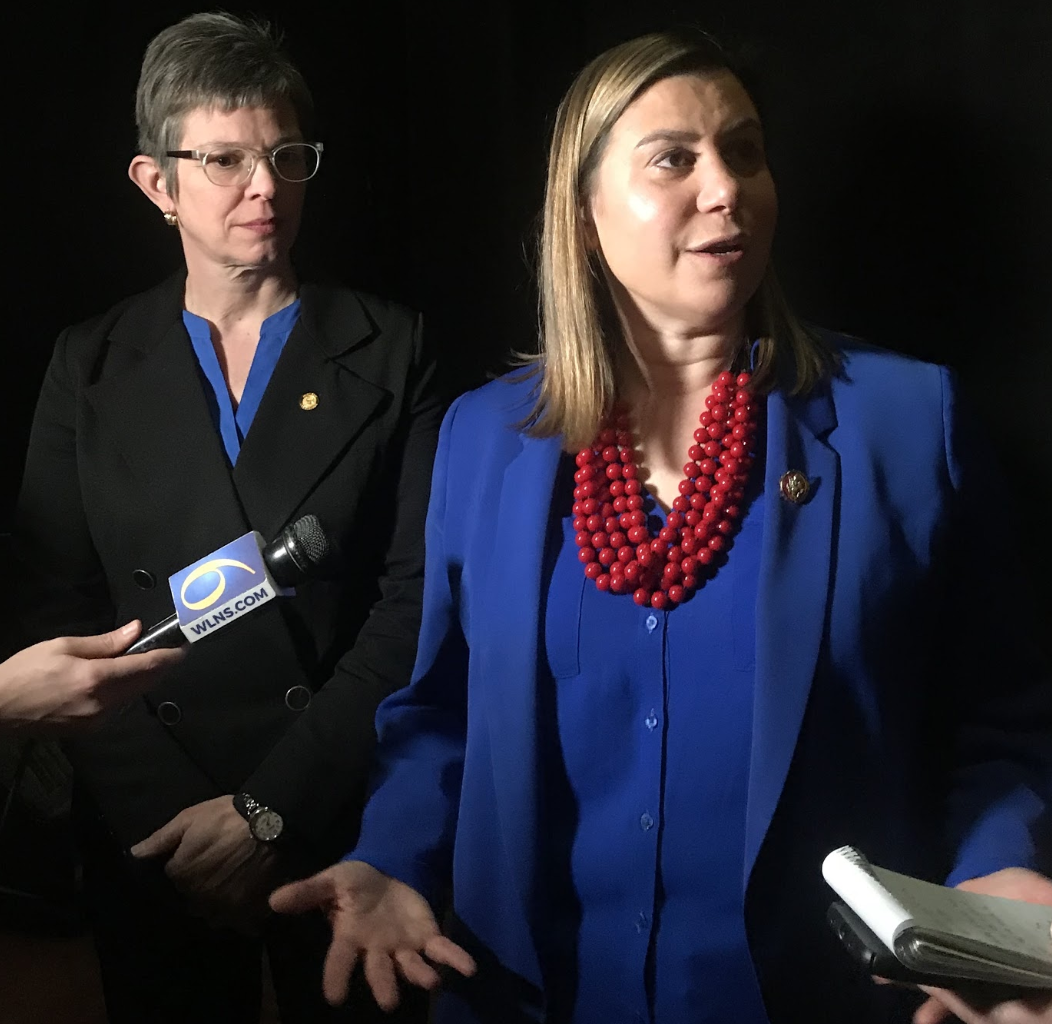News
Ingham promotes equity for women while facing 1:13 gender ratio on commisson
|
The Ingham County Commission passed a resolution declaring March 2022 Women’s History Month for Ingham while facing the reality that it could be looking at a future board containing only one female commissioner.
“Our County Board of Commissioners faces a sadly shrinking female minority,” said Commissioner Emily Stivers. Only three of the 14 county commissioners are women. Two of those women are not seeking reelection.
Stivers said she hoped the resolution encouraged women to run for county commissioner and other government positions. “Ingham County has strong female leadership,” Stivers said. “Female candidates can find strong support.” The filing deadline is April 19, 2022, and there will be several seats without incumbents.
Women make up over 51% of the population of Ingham County, and 50.2% of the workforce.








